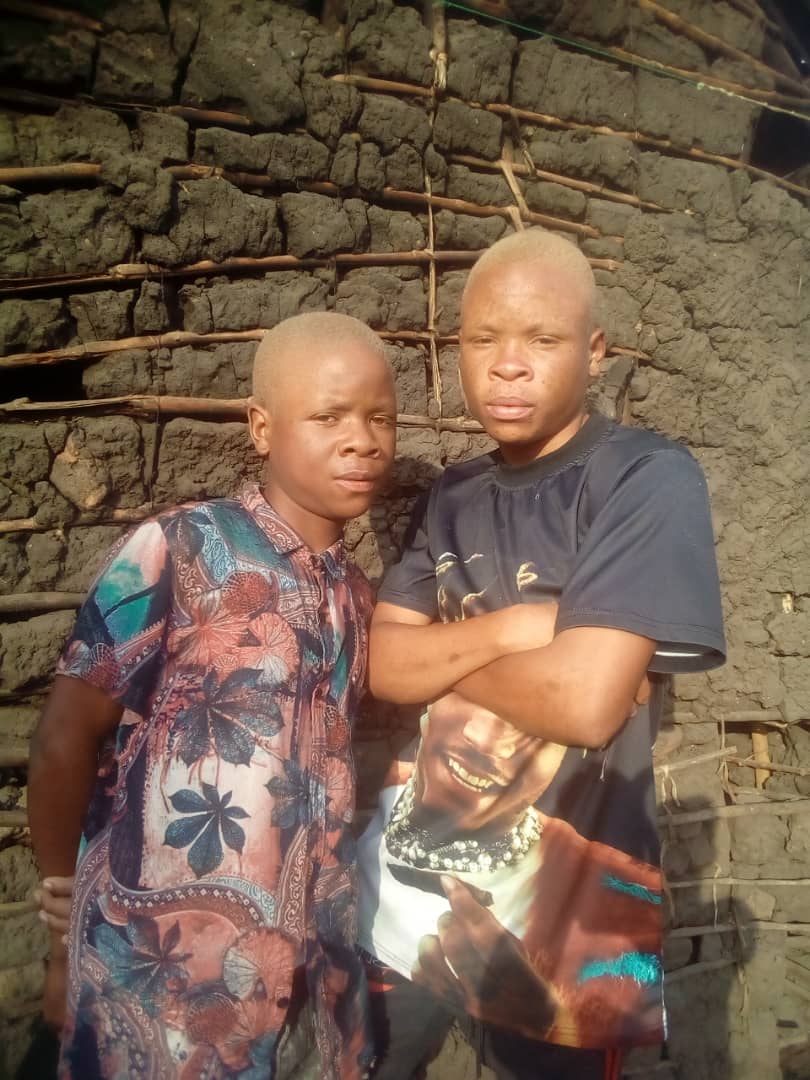From Our Blog
Beyond the Skin; Ensuring Inclusive Education and Dignity for Persons with Albinism

Albinism, a genetic condition resulting in a lack of melanin pigment in the skin, hair, and eyes, brings with it a complex array of challenges:
Life-Threatening Discrimination and Stigma: Perhaps the most terrifying challenge is the persistent discrimination and superstitious beliefs that surround albinism. In some communities, persons with albinism are tragically hunted, mutilated, or killed for ritualistic purposes, driven by the false belief that their body parts bring wealth or good fortune. This constant threat fosters an environment of fear and limits their ability to live freely and safely.
Social Exclusion: Beyond physical danger, they often face severe social exclusion. They might be ostracized, mocked, or isolated within their own communities, leading to profound psychological distress and hindering their integration into society.
These combined factors create an environment where accessing quality education is an uphill battle, and discrimination can strip away dignity and life itself.
At Rwenzori United Youth Association, we believe that education is a fundamental right for all, and discrimination against anyone, including persons with albinism, must be actively dismantled.
Skin Health Vulnerabilities: Due to the lack of melanin, their skin is highly susceptible to sun damage. This means a much higher risk of severe sunburns and, critically, skin cancer. Without access to sunscreen, protective clothing (hats, long-sleeved shirts), and regular medical check-ups, their health is constantly at risk, impacting school attendance and overall well-being.
Lack of Awareness and Support: Teachers, peers, and even family members often lack understanding of albinism and its associated challenges. This leads to a lack of empathy, insufficient classroom accommodations, and missed opportunities to provide the necessary support.